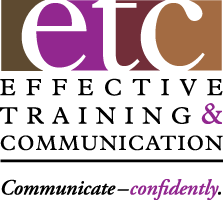Learn from the Movies
With Oscar-mania and other movie award shows behind us for another year, let’s see what we can learn about communication from the movies. ‘The secret to talking is listening.’ – Scarlett Johansson, ‘We Bought a Zoo’, 2011 ‘Learning to listen – that takes a lot of discipline.’ – Gary Cole, ‘Forever Strange’, 2008 ‘Rule #1 … Read more
